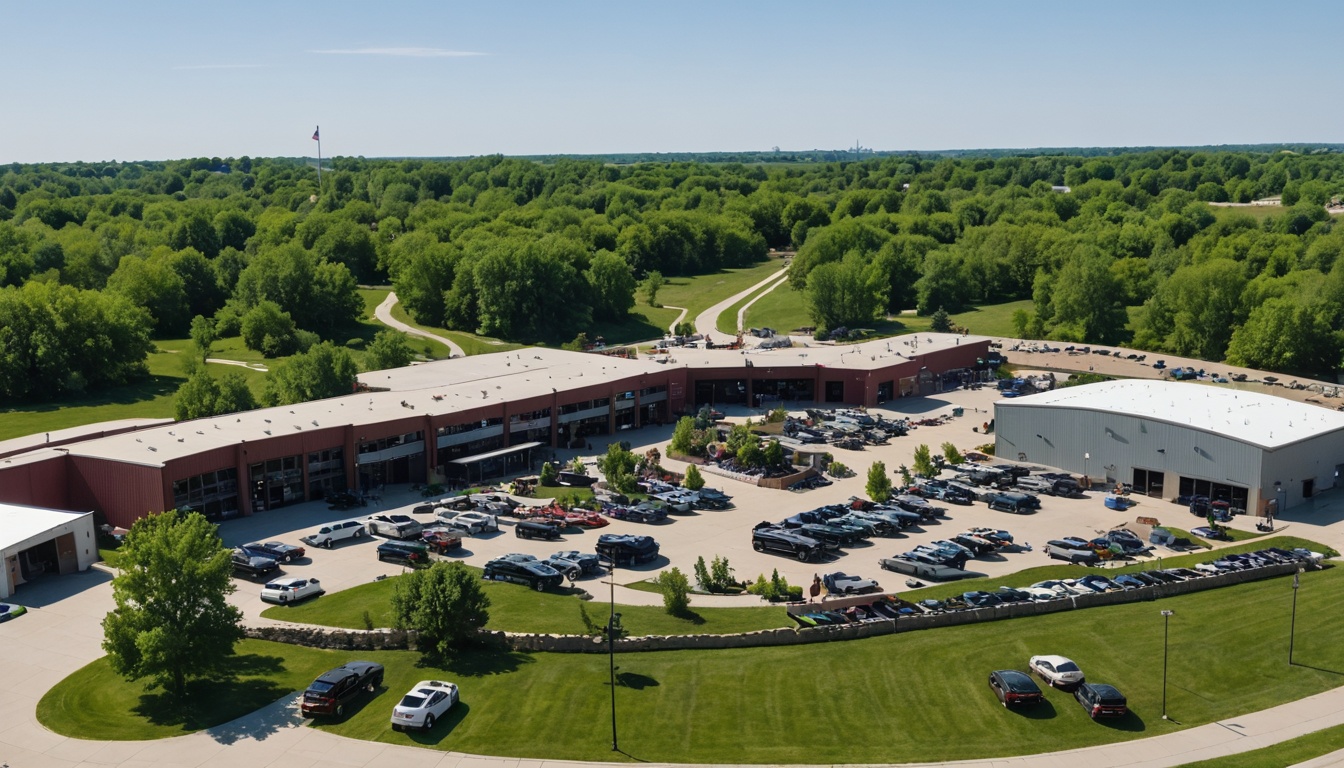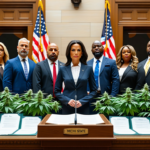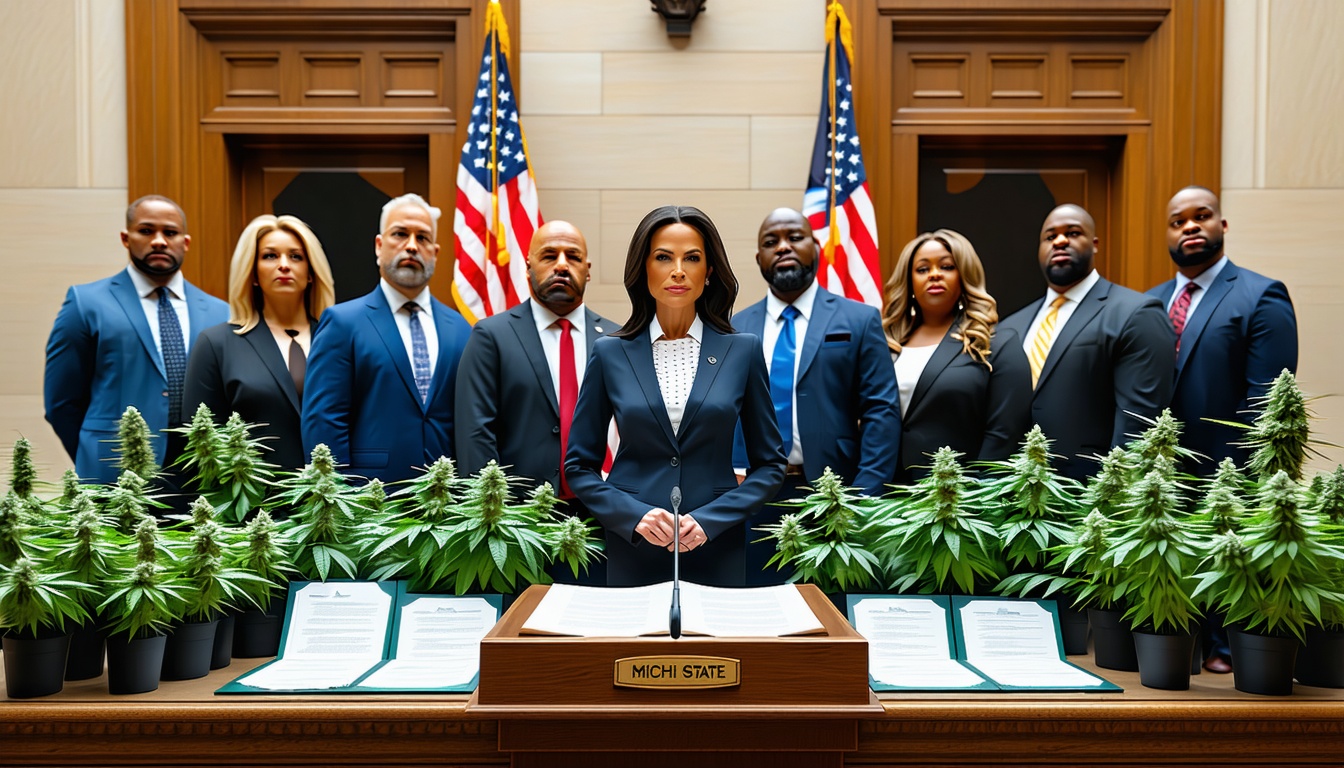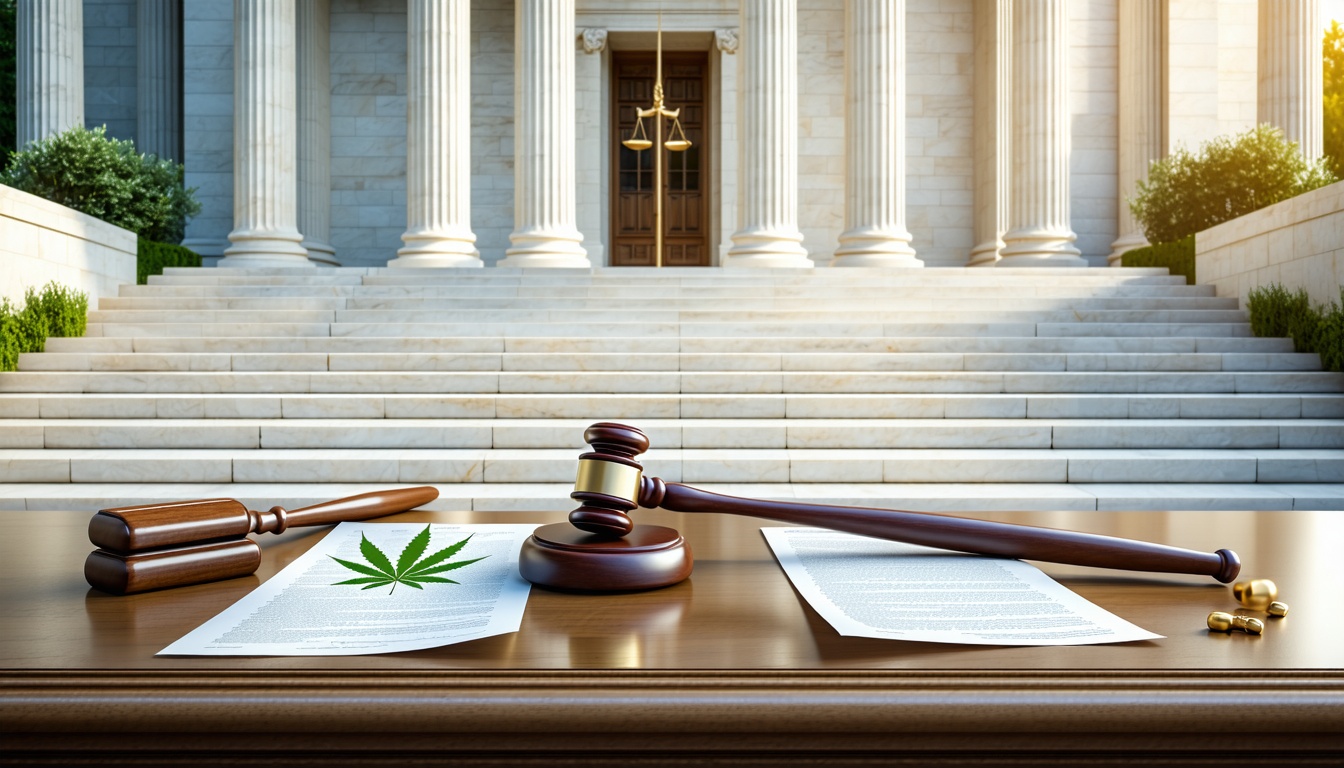The Omaha Tribe of Nebraska has made history by becoming the first reservation in the state to legalize both medical and recreational marijuana. The Tribal Council unanimously approved Title 51, which sets up regulations for the use and sale of cannabis on reservation land. The tribe’s attorney general, John Cartier, stated that the move positions the Omaha Tribe as a “trailblazer” in state cannabis reform, citing the state’s slow and uncertain rollout of the voter-approved initiative to legalize and regulate medical marijuana.
The tribe’s decision comes despite opposition from the state’s attorney general, Mike Hilgers, who has filed a lawsuit against the initiative, alleging fraud in the signature collection process. Hilgers has also urged state lawmakers not to pass a bill that would facilitate access to medical cannabis.
The Omaha Tribe’s law allows for the retail sale of cannabis to anyone 21 and older, including non-tribal visitors. The tribe will also expunge prior cannabis offenses and establish an oversight commission to regulate the industry. The tribe’s chairman, Jason Sheridan, emphasized that the move is not just about cannabis, but about creating real opportunities for the tribe’s people, asserting their sovereignty, and showing the region what tribal leadership looks like.
The Omaha Tribe’s decision is a significant step forward for cannabis reform in the state, and it may inspire other tribes to follow suit. At least seven other tribes have legalized recreational and medical marijuana, including two in South Dakota. The tribe’s law will take effect in a phased rollout, with licensing, compliance, and public education as the initial steps.
The move has been praised by medical marijuana advocates, including Crista Eggers, executive director of Nebraskans for Medical Marijuana, who commended the Omaha Tribe for making a “bold and compassionate move.” However, the decision is likely to face opposition from some state officials and lawmakers who have been critical of cannabis reform efforts in the state.












